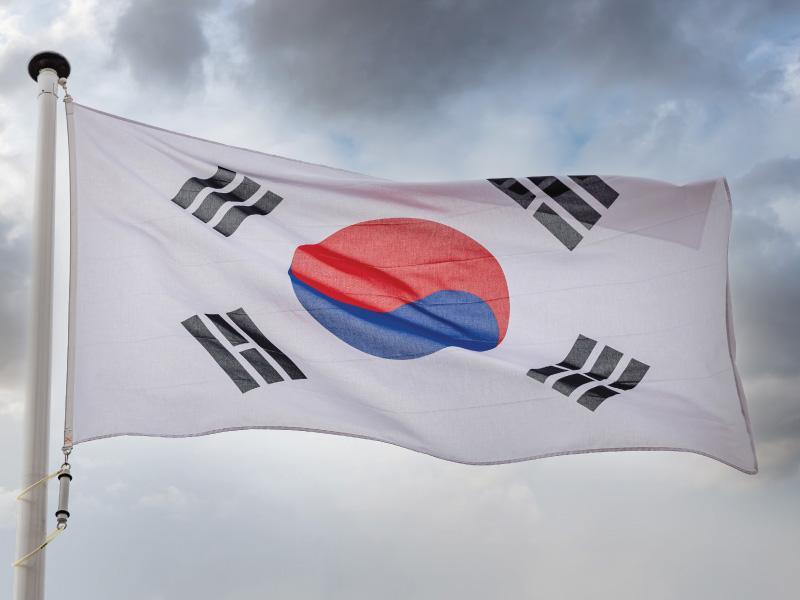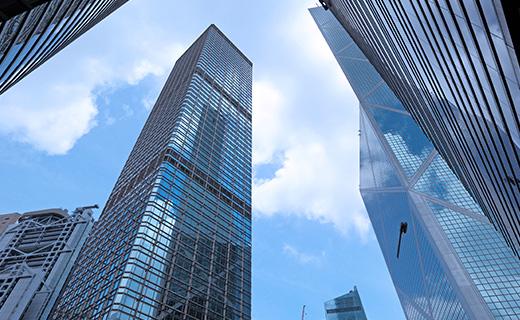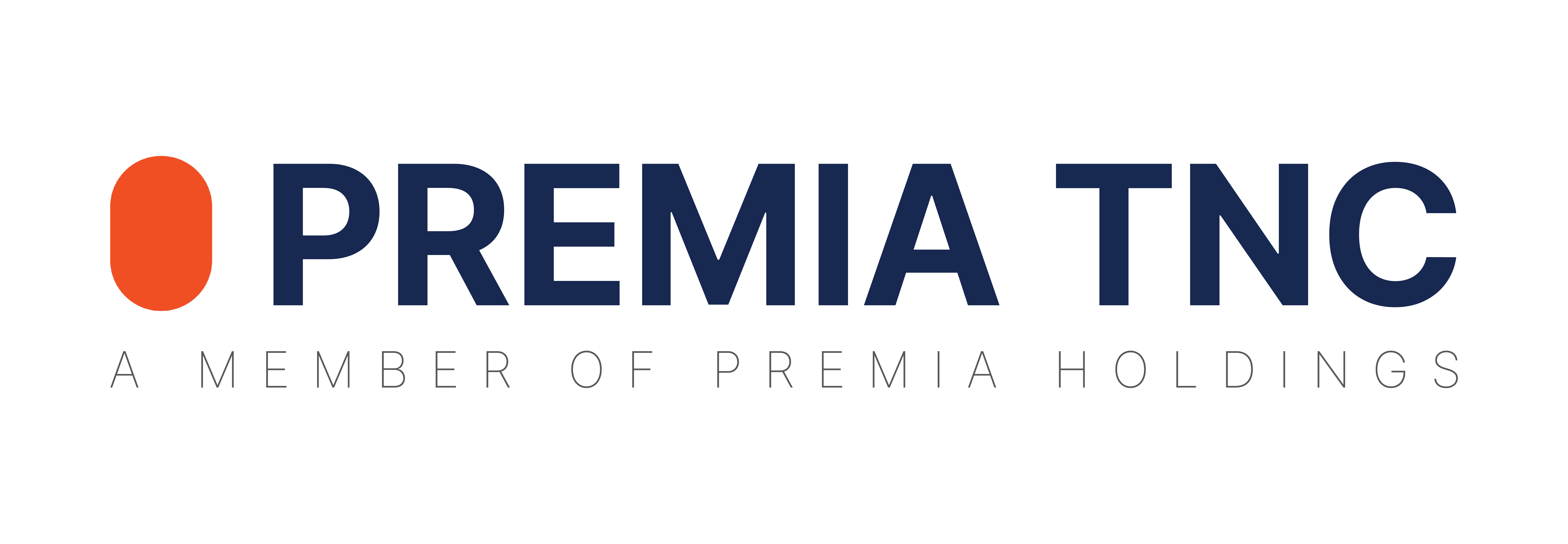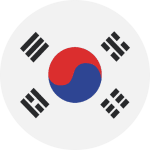Korea Corporate Information
Innovative Country
Korea is the world’s most competitive country in innovation in a variety of areas, including ICT-based and process-innovation capabilities. Korea’s R&D investment to GDP is 4.81 percent (as of 2018), the world’s largest, and its total R&D investment is 85.728 trillion won, the fifth largest worldwide. This is a comprehensive survey of 61,275 domestic research and development activities conducted in Korea last year under the OECD guidelines, including public research institutes, universities and companies, and this innovation culture in Korea is another factor that many companies invest in Korea.
Business Convenience
Korea has been ranked as the 5th most convenient country to do business in the world for six consecutive years since 2014 in the World Bank’s “Doing Business 2020” results, and is ranked as the 1st among G20 countries and 3rd among OECD countries. It also has high-speed Internet/mobile networks everywhere in the country, providing the world’s highest level of wired and wireless communications environment that can be activated in just one day.


Testbeds in the Global Market
The high share of the world’s IT, food, household goods, fashion, games and movies used by Korean consumers is an important factor as the Testbed Market. The Korean market has the optimum conditions as a test bed for the global market and a laboratory for the future market, along with 50 million consumers with diverse and dynamic purchasing power.
FTA Network
As of 2019, Korea has a free trade agreement with 55 countries around the world. Korea’s FTA-linked market is 73 percent of the world’s GDP. In particular, Korea is the only Asian country that signed an FTA with the European Union (2011) and the United States (2012). In addition, with the recent FTA agreement with China, Korea has become the only country that can take advantage of Asia’s strengths and make inroads into most developed markets around the world.


Strong Government Support
The Korean government is actively expanding its benefits to attract more foreign investment. In particular, Korea has decided to permanently maintain the current income tax rate exception, which imposes only 17 percent of taxes on foreign executives and employees working in headquarter in Korea regardless of their income range. This is a measure that gives more than half the benefits to workers in Korea, compared to 38 percent, which is the tax rate applied to other Korean workers. In addition, a number of policies will be expanded, including a policy to increase the residency period for headquarter executives and employees to stay on foreign investment visas (D8) from the current one to three years to up to five years.
World-class Industry
Korean companies have a high global market share in such industries as IT products, automobiles, chemicals, steel and shipbuilding. Foreign investment companies that entered the Korean market in the 1960s and 1970s have been the foundation for the growth and competitiveness of Korean companies by supplying parts and transferring technologies. Currently, 259 of Fortune’s top 500 global companies are operating in Korea, and they serve as important partners in each industry to maintain their global market share.
OVERVIEWS OF KEY FEATURES
| Classification | Type | Governing Law | Remark |
| 1 | Foreign-invested Domestic Corporation | Foreign Investment Promotion Act | established as a a domestic corporation under the Commercial Act |
| 2 | Branch | Foreign Exchange Transaction Act | Categorized as a domestic branch of a foreign corporation |
| 3 | Liaison office |

Foreign-invested Domestic Corporation
Domestic Branch of Foreign Company

Comparison of foreign-invested company and a domestic branch of a foreign company
Foreign-invested company and a domestic branch of a foreign company are divided as follows
| Classification | Foreign-invested Domestic Corporation | Domestic Branch of Foreign Company |
| Governing Law | Foreign Investment Promotion Act | Foreign Exchange Transaction Act |
| Corporate Character | Domestic | Foreign |
| Type Of Corporation | Corporation and Private Business company | Domestic Branch and Liaison Office |
| Relation with parent company | Separate company that conducts accounting and settlement independently | Consideration of the same entity as accounting and settlement |
| Declaration Agency | Invest KOREA(KOTRA) or Foreign Exchange Bank | Foreign Exchange Bank(Notification), Ministry of Strategy and Finance(Permit for the financial industry) |
| Investment amount | KRW 100 million minimum per case, no maximum limit | No limit on the amount |
| Tax obligation | Tax obligation for all income from domestic and overseas Corporate Tax rate: 10% for KRW 200 million or less KRW 20 million + (Amount over KRW 200 million x 20%) for More than KRW 200 million, but not exceeding KRW 20 billion KRW 3.98 billion + (Amount over KRW 20 billion x 22%) for More than KRW 20 billion but not exceeding KRW 300 billion | Tax obligation for all income from domestic Corporate Tax rate: Same as left An additional payment of some national branch tax |
| Registration Duty | Corporation: Registration of establishment in court required Private business company: Registration of establishment in court not required | Branch: Registration of establishment in court required Liaison Office: Registration of establishment in court not required |

Korea Corporate information -
Type of Companies
There are following types of company for a foreign investor to engage in business activities in Korea
The Procedure for Establishing a Local Corporation
Ways of Establishing a Stock Company
There are two ways of establishing a stock company: promotion of incorporation and subscriptive incorporation. Promotion of incorporation means that promoters subscribe to all the shares issued at the time of incorporation. On the other hand, subscriptive incorporation means that promoters subscribe to only part of the shares issued at the time of incorporation and the remaining shares are offered for subscription.
Registration of incorporation
The registration of incorporation of a stock company should be effected within two weeks from the date on which the investigation of the process of establishment is completed in the case of promotion of incorporation; and two weeks from the date on which the inaugural general meeting is closed in the case of subscriptive incorporation.
The documents to be submitted
The documents to be submitted by a foreign investor differ, depending on whether the investor concerned is an individual or a corporation. A foreign investor of Japan or Taiwan must submit the same documents as a national of Korea or a Korean corporation.
Establishment of a Foreign Company's Domestic Branch
Types of Domestic branch
There are two types of domestic branches: a branch and a liaison office. A branch undertakes sales activities in Korea to generate profit, whereas a liaison office does not conduct sales activities to create profit but instead carries out non-sales functions such as business contacts, market research and R&D. Liaison offices can carry out quality control, market surveys, advertising, and other incidental and supportive roles. However, they are limited in the scope of their activities since they are not permitted to sell products directly, or to stock inventory for sale on behalf of the headquarters.
The documents to be submitted
Under the Commercial Act, a branch is required to establish And register a business office. In order for a foreign company to establish a domestic branch, a notification should be filed to the head of a designated foreign exchange bank. A liaison office does not require registration because it is not permitted to conduct sales activities and is only allowed to engage in activities such as information exchange.
Documents preparation for registration of branch establishment
The following documents should be attached to the application form for registration of branch establishment:
- Notification form of the establishment of a foreign company’s domestic branch
- Documents certifying the foreign company (headquarters)’s name, location and major business operations (Notarization of the location of the headquarters is required if the documents are not original copies.)
- Where a permit, etc. is required for the establishment of a branch in accordance with other Acts and statutes, a copy of documents certifying that such permit, etc. has been obtained
Articles of association of the headquarters - Board meeting minutes containing the company’s plans to establish a branch or liaison office in Korea and details on the appointment of its representative in Korea
- Specifications of the line of business that the company intends to operate in Korea and the scope of business
- Power of attorney in cases where the establishment of a domestic branch is commissioned to another person (Notarization of the location of the headquarters is required.)
- Application form for seal registration of the representative of the Korean office (for the convenience of the representative and is not mandatory)
- The branch representative’s acceptance of appointment with a notarized signature, and certificate of address
Please contact Premia TNC for more information
Frequently Asked Questions
1. How does Korean culture affect doing business in Korea?
Koreans tend to favour doing business with people they feel familiar with, thus developing trust and personal relationships is crucial in establishing a successful commercial partnership. These business relationships are commonly maintained through greeting cards, presents and having meals together.
2. Is South Korea good for startup companies?
There are about 1.7 million domestic startups in South Korea. The country is well-known for its heavy investment in technology and innovation which led to the creation of a number of top startups in Korea. Government support is very common among Korean startups and helps many new companies grow extensively.
3. What are the most profitable industries in Korea?
The biggest sectors for startups are big data and analytics, gaming and life sciences. In general, steel, telecommunications, automobiles, electronics, shipbuilding and chemicals are the largest industries in South Korea.
4. What is Foreign-Invested Company in Korea ?
Foreign Direct Investment (FDI) generally refers to an investment made by a foreigner (either an individual or a corporation) for the purpose of establishing a corporation in the Republic of Korea, and it is mainly based on the Foreign Investment Promotion Act (FIPA) by Ministry of Knowledge Economy. To establish a foreign-invested company, a foreign investor should satisfy 1) Minimum Foreign Investment Amount: 100 million won (KRW) which is about USD 100,000 and Foreign Investment Ratio: 10% or more of the voting stocks or total invested capital
5. What is the initial information required as foreign company to set up FDI Company in Korea.
Certificate of company registration (certificate of incorporation issued by Govn't / governmental bodies),Copy of passport (Head office's president), Investor’s Power of Attorney, List of Members and directors, M&AA.















